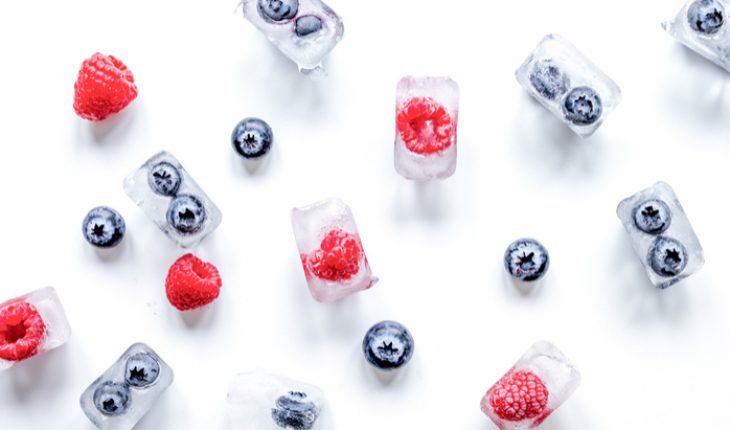
It’s important to take a mixture of vitamins to help keep you feeling good this Winter and to assist in preventing unwanted coughs and colds.
Vitamin D
From October until early March we don’t get any Vitamin D from sunlight. The vitamin is made by our body underneath the skin in reaction to sunlight, so it’s vital that you introduce good food sources in the Winter for example:
- oily fish – salmon, sardines, herring and mackerel
- red meat
- liver
- egg yolks
- fortified foods for example most fat spreads and some breakfast cereals
- or dietary supplements – in the united kingdom, cows’ milk is usually a bad source of vitamin D because it isn’t fortified, as it is in some other countries.
The Department of Health recommends that people should take a daily supplement containing 10mcg of vitamin D all year round when they: are not often outdoors, for example those who are frail or housebound, have been in an institution like a care home or usually wear clothes that cover up many of their skin when outdoors
Vitamin C
Vitamin C can also be known as vit c and it has several important functions. It will help to protect cells and keeps them healthy, is necessary for the maintenance of healthy ligament helping wound healing. Good causes of Vitamin C can be found in a multitude of fruit and vegetables for example:
- oranges and orange juice
- red and green peppers
- strawberries
- blackcurrants
- broccoli
- brussel sprouts
- potatoes
Zinc
Zinc has become a popular strategy to the most popular cold. The NHS says taking zinc syrup, tablets or lozenges might be very effective treatments for colds. Taking zinc supplements in a day from the symptoms starting will speed up recovery and lessen the severity of symptoms. It helps to make new cells and enzymes, processes carbohydrate, fat and protein in food and helps using the healing of wounds and fighting infections. Zinc is found widely within the environment and in foods for example:
- meat
- shellfish
- dairy e.g. cheese
- bread
- cereal products – e.g. wheatgerm
Vitamin B Complex
Referred to as Vitamin B complex, the eight B vitamins – B1, B2, B3, B5, B6, B7, B9, B12 – play a huge role in keeping our bodies running like well-oiled machines. These essential nutrients help convert our food into fuel, allowing us to remain energized throughout the day. Even though many from the following vitamins work in tandem, each one has its own specific benefits, B vitamin can increase energy, enhance mood, improve memory, and stimulate the immune system. Vitamin B5 can be found in just about all foods. To boost your intake of Vitamin b, search for the next foods:
- cereals, and whole grains (a resource of B1, B2, and B3
- green leafy vegetables (a source of B2 and B9)
- eggs (a source of B7 and B12)
- chicken (a resource of B3, B6 and B12)
- citrus fruits (a resource of B9)
- nuts (a resource of B3 and B9)
- kidney beans (a source of B1 and B2)
- bananas (a source of B6 and B7)
Pharmacist Paul Mayberry the creator of PillTime – the free NHS online pharmacy which pre-packs medication in simple to open pouches, clearly marked with the correct time and date of when the dose ought to be taken.

